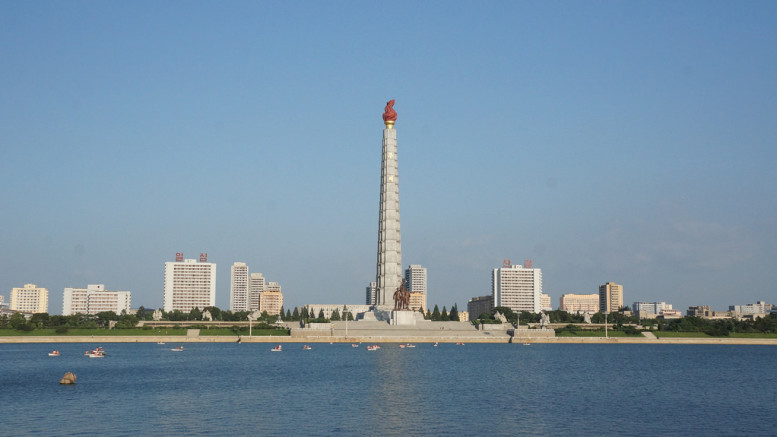North Korea’s Supreme People’s Assembly discussed a handful of new laws on December 4 including one on mobile communications, state media reported on Sunday.
The texts of the new laws have not been published so it’s difficult to ascertain exactly what they cover, but the Korean Central News Agency gave some hints on the issues they address.
The law on Mobile Telecommunications
“The law on mobile telecommunications deals with the principled issues arising in the mobile telecommunications including the set-up, management and operation of mobile telecommunications facilities, modern perfection of mobile telecommunications network, diversification of mobile telecommunications, service and use of mobile telecommunications and registration of mobile telecommunications equipment.” – KCNA, December 6, 2020.
The new law appears to be relatively broad but there are several issues that could be covered:
- Mobile Handset Registration
North Korea has around 5 million mobile phone subscriptions and already regulates how phone handsets are sold and used: Subscribers must use state-approved handsets that include various security applications, and the phones need to be registered to a subscriber.
But reports from the country indicate that registration and use isn’t perhaps as regulated as the state would like. It appears to be relatively common for subscribers to have more than one handset, with the second being registered to someone else. This is done to take advantage of the way phone subscriptions and top-up minutes are charged.
This obviously complicates state control of the network and people if it cannot be sure who is in possession of a specific handset, so this could be one target of the new law on registration of mobile telecom equipment.
- Mobile Money
Another area where the state has recently reportedly cracked down is the use of mobile phone credits as a form of electronic money. Buying and selling of goods through the transfer of mobile phone credits had reportedly become common. It’s understood to be mainly used at markets but in September, as part of a report on Covid-19 prevention work, state TV showed mobile phone payments advertised on pumps at the Kyongon gas station in Hamhung.
The problem for authorities is that this created an avenue for private commerce to flourish with no state oversight, so the practice was banned, according to Daily NK.
At around the same time as news of the ban, state media reported that the country’s central bank had developed a mobile money system of its own called Jongsung (전성). One of the benefits of the official system, according to state media, is that it “plays an important role in stabilizing the currency.”
- Wi-Fi Networks
Another area of focus of the new law could be Wi-Fi networks. North Korea had blocked the use of Wi-Fi for several years but in late 2018 it appeared with the introduction of an outdoor Wi-Fi network in Pyongyang.
State media has recently reported that Wi-Fi is spreading through the country, so one area of the law on mobile telecoms equipment and facilities could regulate the set-up and use of Wi-Fi networks and devices that support Wi-Fi.
The law on rejecting the reactionary ideology and culture
“The law on rejecting the reactionary ideology and culture specifies the principles to be certainly observed by all the institutions, enterprises, organizations and citizens in further cementing our ideological, revolutionary and class positions by thoroughly preventing the inroads and spread of the anti-socialist ideology and culture and firmly maintaining our idea, spirit and culture.” – KCNA, December 6, 2020.
This appears to be a new law targeted at foreign information and culture. North Korea already has several elements of its criminal code that deal with the reception, consumption and distribution of foreign content such as radio, TV, printed matter and video recordings so it’s unclear how this might go beyond the existing laws.
However, the current laws have done little to stop the spread of foreign content as it continues to be in high demand. Most of it flows in across the border with China and Covid-19 related border closures have disrupted many smuggling routes this year, although the borders need to be open for conventional trade, so it’s difficult to see that as a focus.

